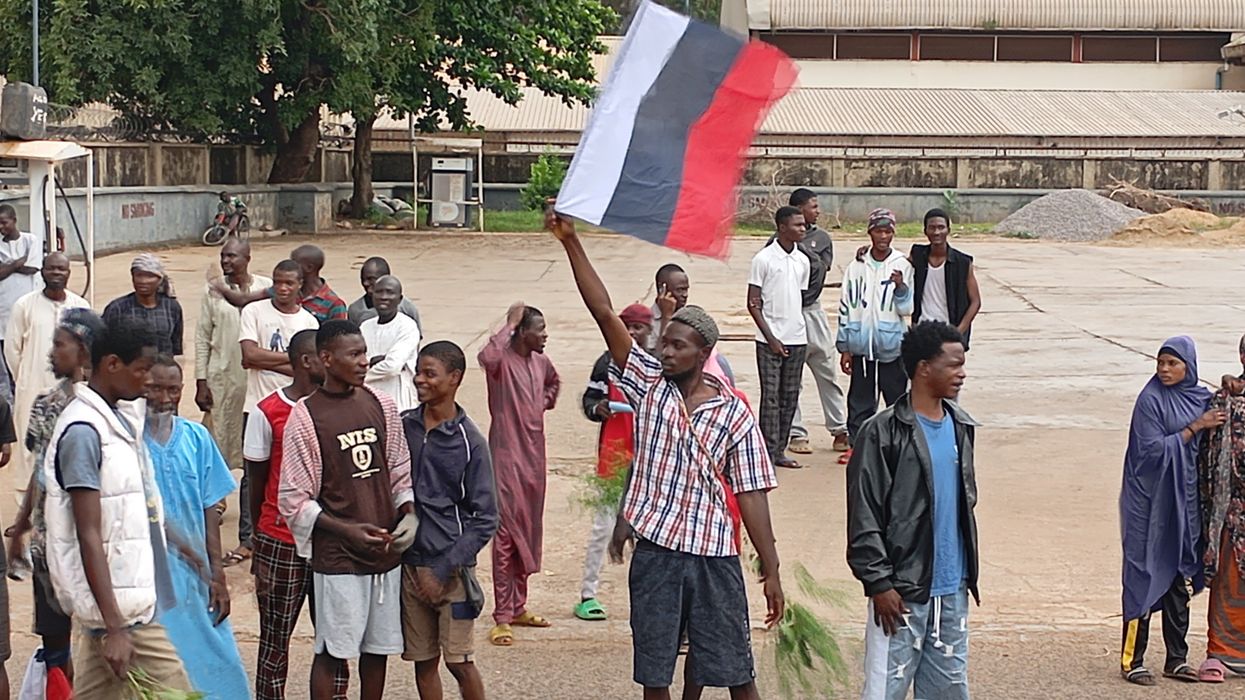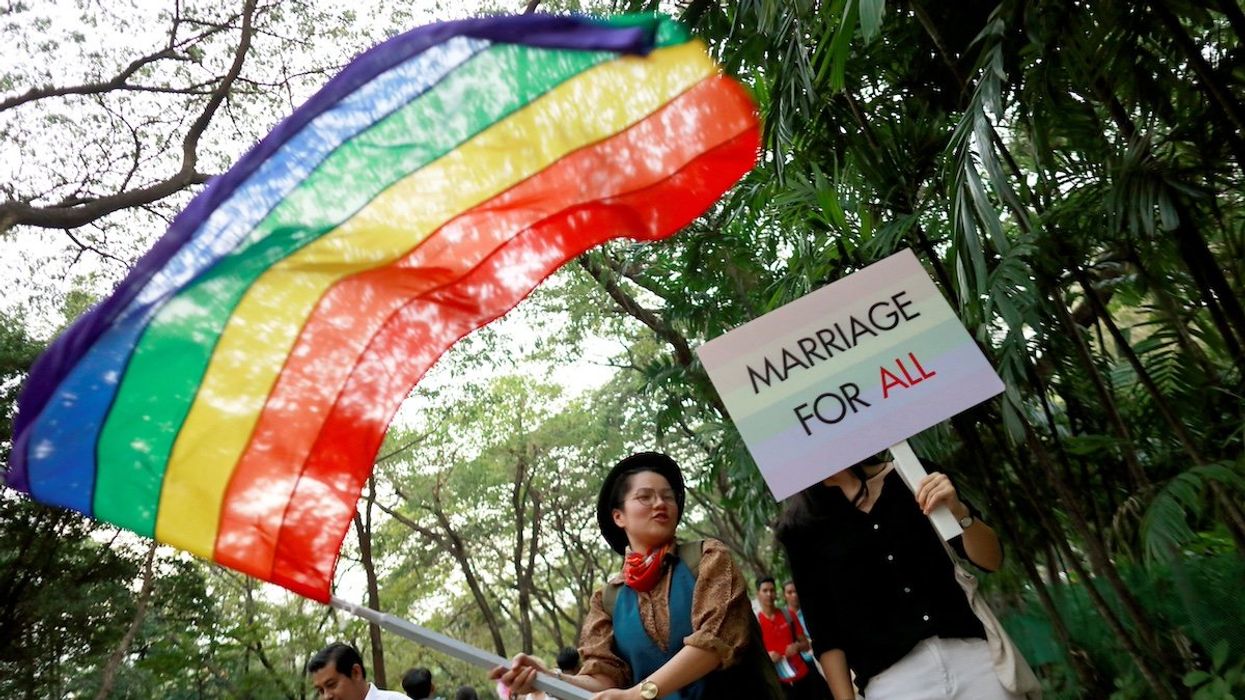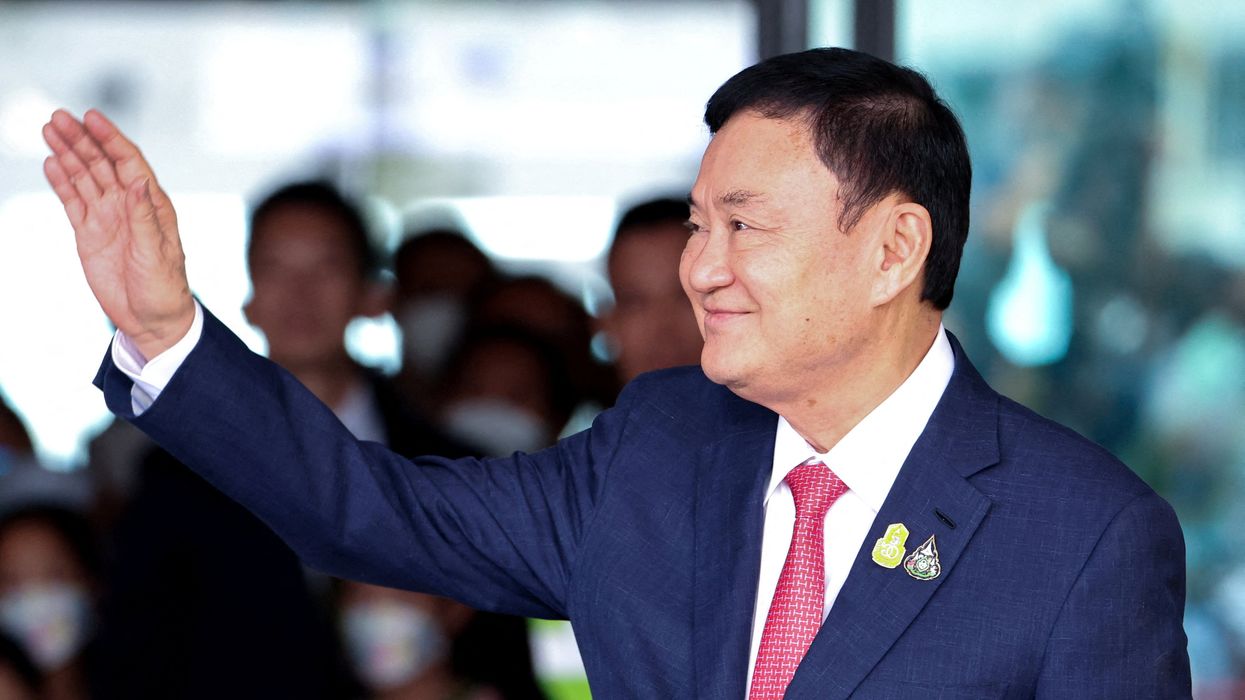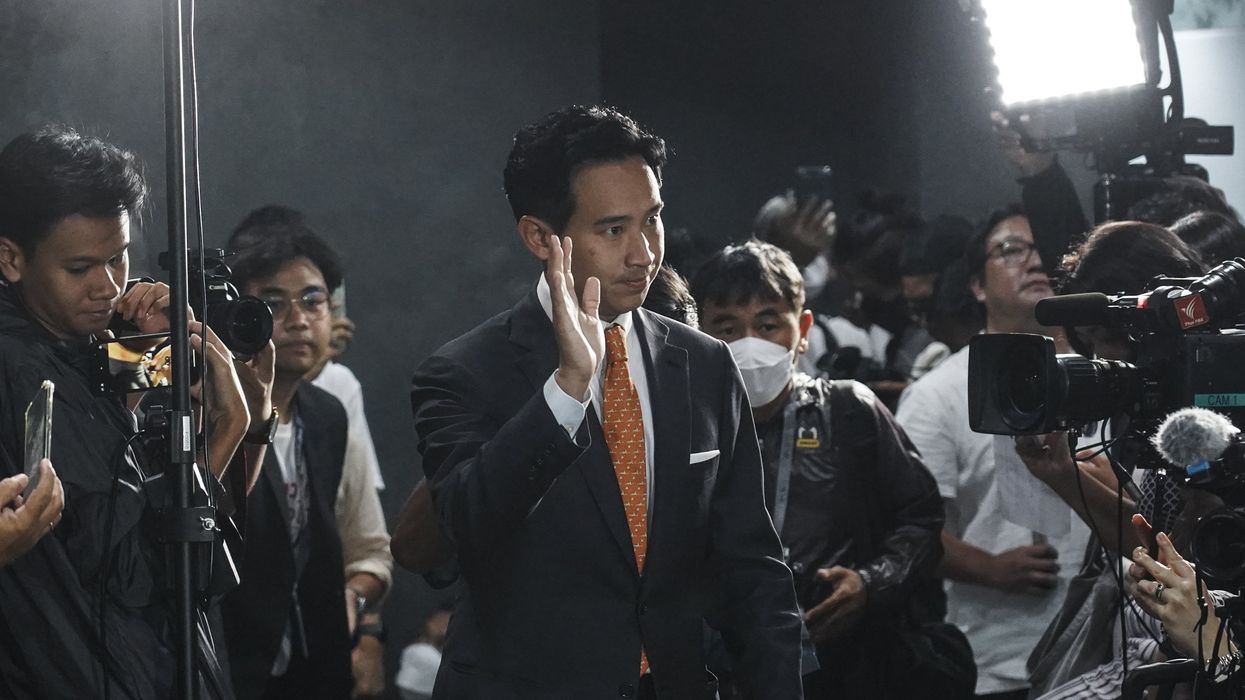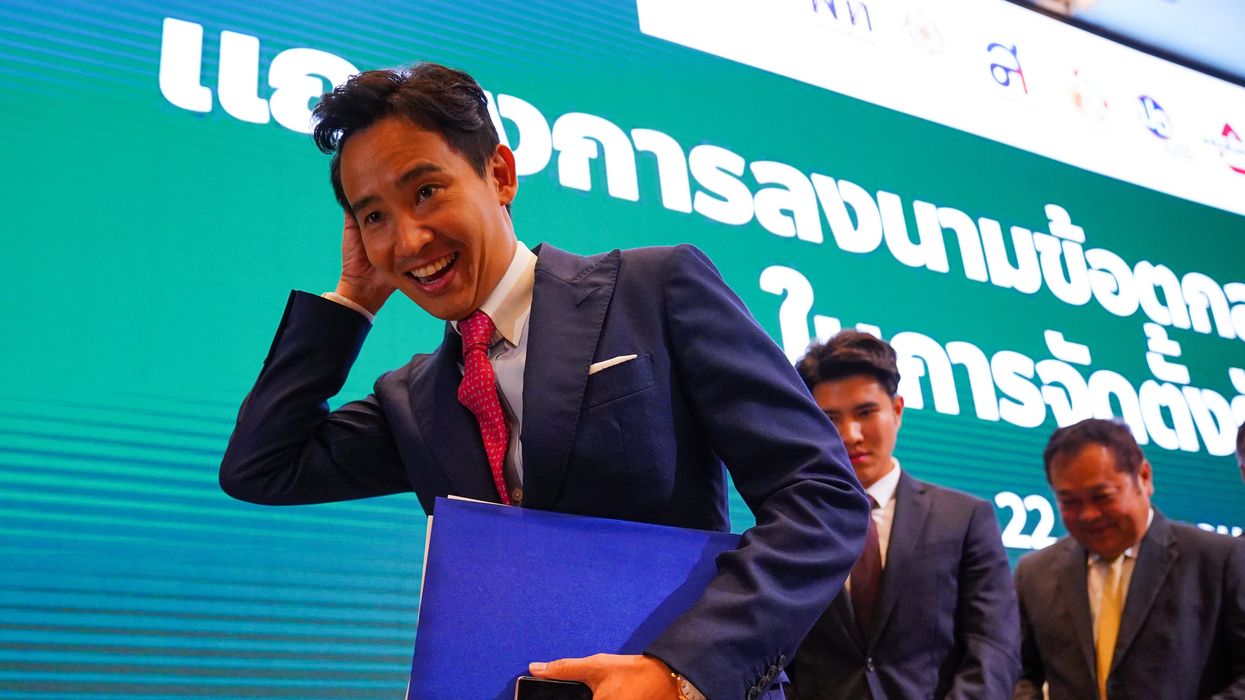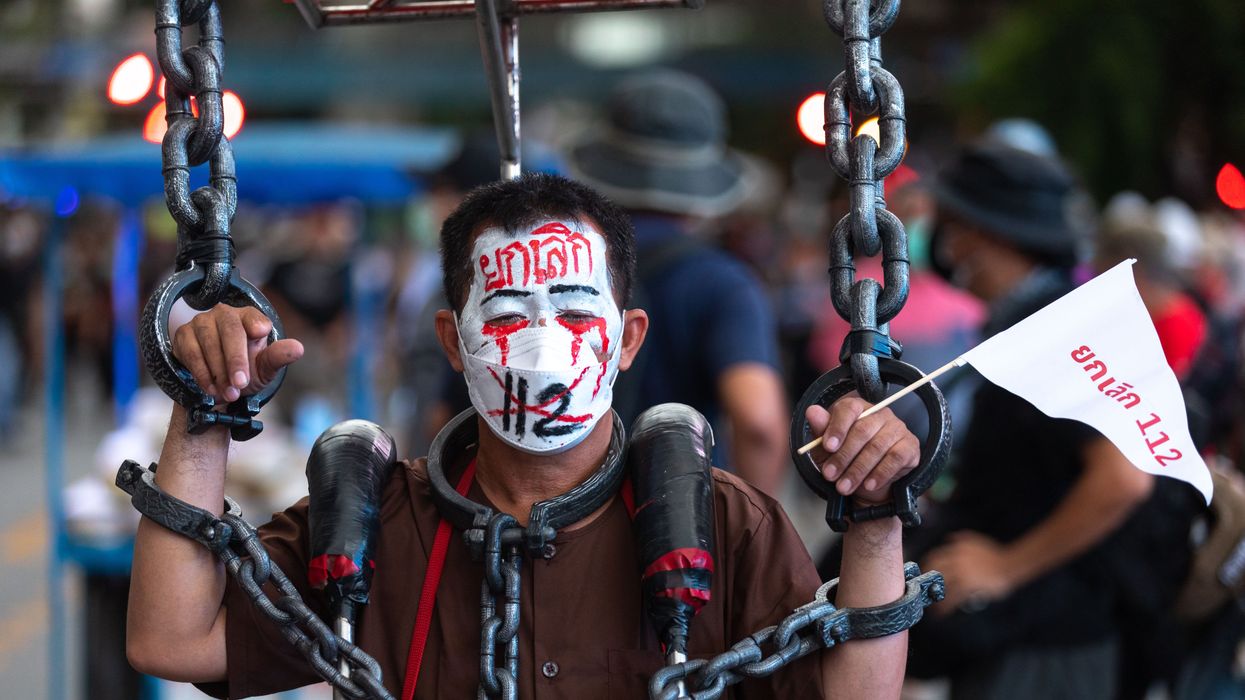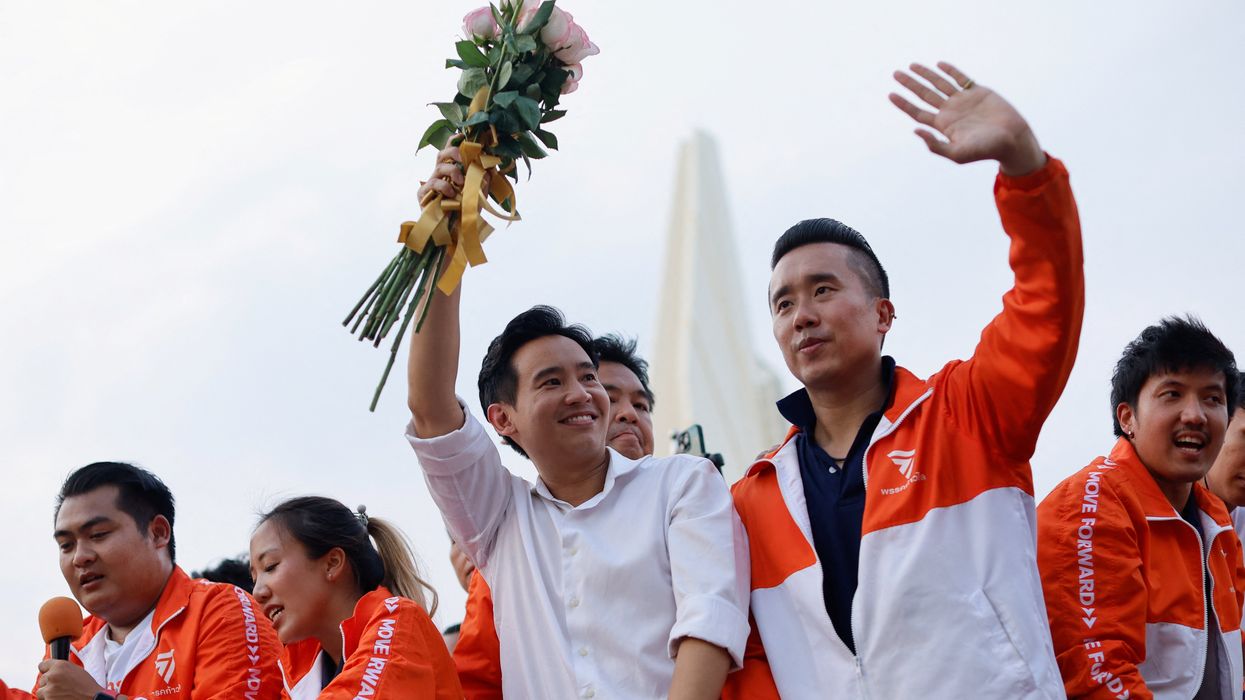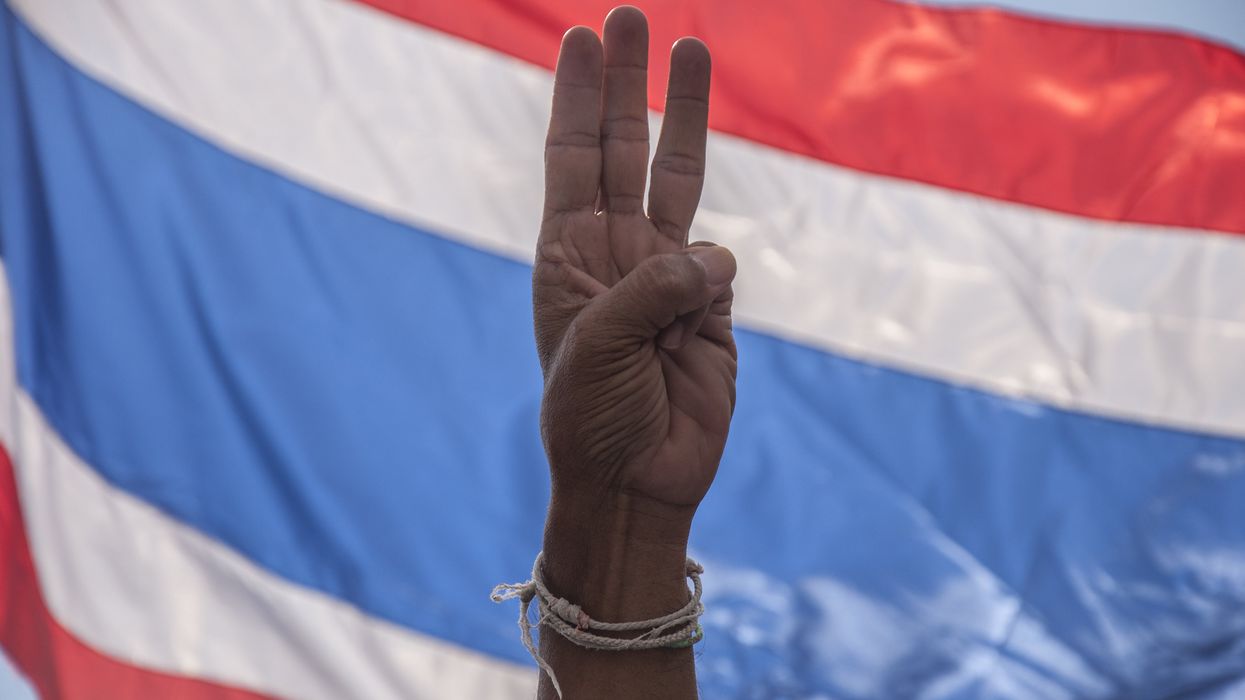Hard Numbers
Hard Numbers: Nigeria hems in tailors over Russian flags, Thailand's Move Forward disbanded, EU-Mercosur nears trade deal, Scorched China turns off the lights, Foreigners stoke Portugal’s housing crisis
4: Measure twice, arrest once, they say. Nigeria has detained several tailors and their “sponsors” for making the Russian flags that protesters were seen waving during recent anti-government demonstrations in four northern states.
Aug 06, 2024
